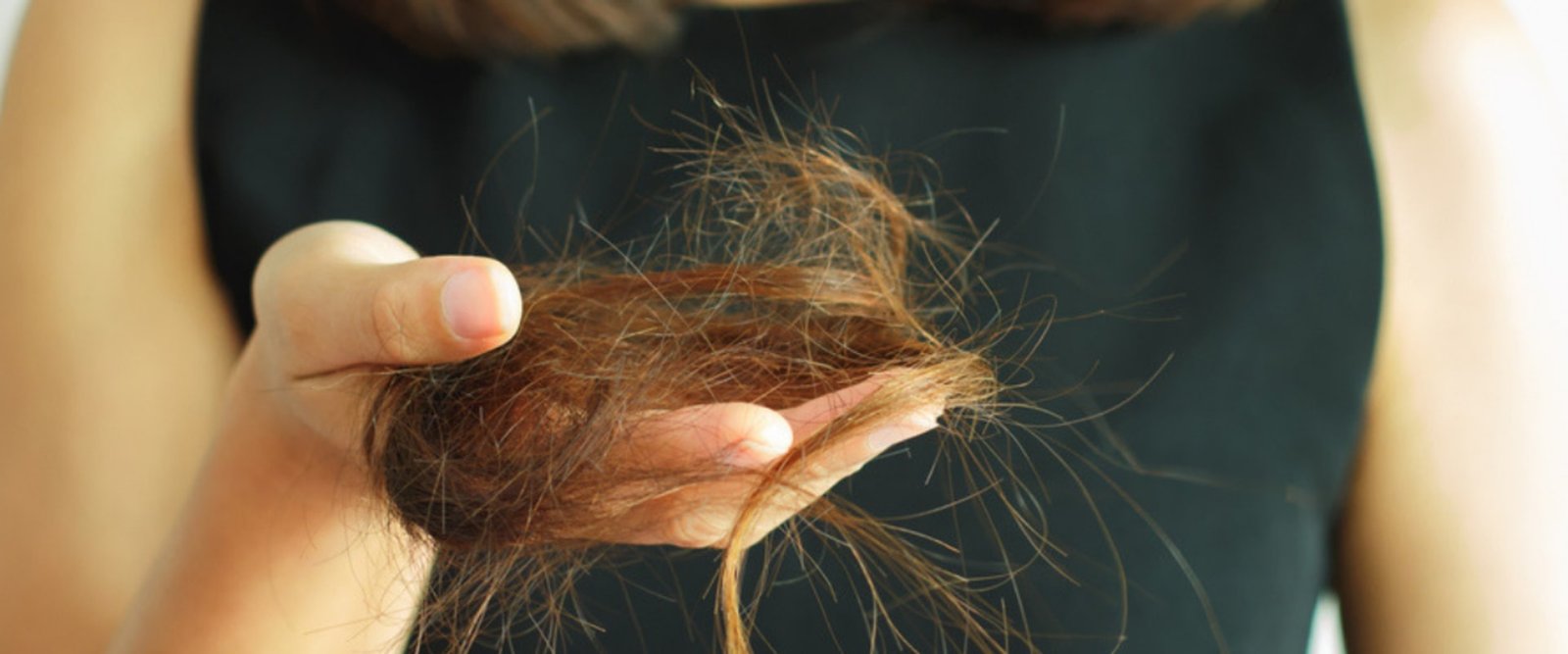You may see more hair thinning with weight loss. This temporary form of hair loss is known as telogen effluvium. Fortunately, hair loss from weight loss is usually temporary and will usually grow back once you eat an adequate amount of protein again. In some cases, weight loss can lead to side effects, including hair loss.
Rapid weight loss after bariatric surgery also causes hair loss. However, in the long term, improvements in nutrition lead to better hair growth. In most cases, the hair will grow back in about six months. Both the body and the hair follicles react to the physical stress of severely reduced calories or lack of necessary nutrients.
When the body is denied nutrients, especially proteins, it stops hair production to save nutrients in order to preserve vital organs. Mass detachment does not happen immediately. In some cases, people notice that their hair loss worsens after they stop intense dieting. It can take up to a year for lost hair to grow back, as they have to go through a resting phase after massive hair loss.
Extreme weight loss can also result in increased production of male sex hormones called androgens. These hormones are meant to kill hair follicles. Once the hair follicles are destroyed, there is no chance that it will grow back. Hair loss due to sudden decrease in body weight is not permanent.
There are several ways to resume healthy hair growth. Massaging the scalp is said to promote blood flow to the area and thus create a more suitable environment for hair to grow. This can be done in a variety of ways, but I use a shampoo brush with soft silicone bristles every time I wash my hair. After applying my shampoo, I use it to rub it, moving it around my scalp in 15-20 second bursts until it covers my entire scalp.
Your body needs adequate calories and protein to feed the hair follicles. According to some experts, the more weight you lose, the more likely you are to experience some degree of hair loss. Losing and regaining weight for many years can affect your metabolism and hair growth. Some people may experience hair loss within 3 to 6 months of starting diets (e.g.
In general, a balanced and healthy diet should reverse hair loss within six months. Many studies have linked hair loss to rapid weight loss, calorie restriction, nutrient deficiencies, and psychological stress, all commonly in people on fast diets. Biotin is perhaps the most obvious supplementary option for those who try to strengthen hair and nails and take it (although there is conflicting evidence that this is effective). However, if hair loss continues beyond that six-month period, nutritional deficiencies are often involved.
Your medical history and a physical exam will help your doctor determine if genetic disorders, medical conditions, or dietary practices are responsible for your hair loss. Work with a qualified healthcare provider to identify the cause of hair loss and find a plan to facilitate hair growth. In addition, deficiencies in specific amino acids, such as histidine, leucine, valine, and cysteine, are common in people with hair loss. Either way, it's important to know the facts about the connection between weight loss and hair loss and rule out other potential causes.
In particular, participants with hair loss had much lower levels of zinc and vitamin B12 both before and after surgery (. The fluctuation in the body mass index causes physical stress, which indicates that the hair follicles go into an inactive stage. If you are already well into this journey, you may have already noticed some thinning of your hair. hair loss after gastric bypass surgery or rapid non-surgical weight loss usually occurs within the first three to six months after surgery or significant weight loss.
Telogen effluvium is probably the second most common form of hair loss caused by stress and shock diets. In short, this type of hair loss is a diffuse hair loss in relation to the normal cycle of hair growth. . .





